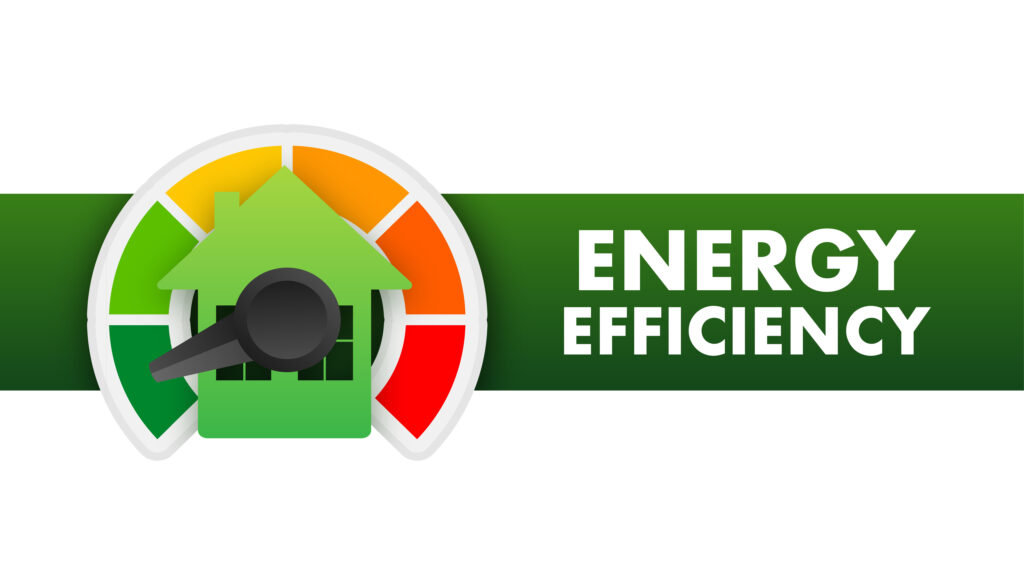Energy Performance Certificates (EPCs) have become an essential component of property transactions in Wales. However, not everyone is familiar with what an EPC is, who it applies to, and under what circumstances it is necessary. In this article, we will explore EPCs in detail, discussing their purpose, duration, and who should view the certificate.

What is an EPC?
An Energy Performance Certificate (EPC) is a document that provides information about a property’s energy efficiency. It uses a rating system from A to G, with A being the most energy-efficient and G being the least efficient. The certificate also includes recommendations on how to improve the property’s energy efficiency and potentially reduce energy costs.
EPCs were introduced throughout the UK in 2007 as part of the European Union’s Energy Performance of Buildings Directive (EPBD). The purpose of EPCs is to encourage property owners to improve their buildings’ energy efficiency, thus reducing carbon emissions and promoting a greener environment.
Who does an EPC apply to and under what circumstances?
EPCs are applicable to both residential and commercial properties in the UK. For residential property they are a legal requirement whenever a property is:
- Built
- Sold
- Rented
This means that if you are a residential property owner planning to sell or rent your property, you must have a valid EPC in place before putting the property on the market. Prospective buyers or tenants should be provided with a copy of the EPC, so they can make informed decisions about the property’s energy efficiency and potential running costs.
There are, however, some exemptions. For example, listed buildings and temporary structures with a planned use of fewer than two years are not required to have an EPC.
How long do EPCs last?
EPCs are valid for ten years from the date they are issued. After this period, a new EPC must be obtained if the property is being sold or rented. It is worth noting that if energy efficiency improvements are made to the property during the ten-year validity period, it may be beneficial to obtain a new EPC to reflect these improvements. An updated EPC could potentially make the property more attractive to prospective buyers or tenants.
Who should see the Energy Performance Certificate?
The EPC is an essential document for the following parties:
Property owners: Property owners are responsible for obtaining an EPC and ensuring it is available to prospective buyers or tenants. They should also consider implementing the recommended energy efficiency improvements to enhance their property’s energy performance and reduce carbon emissions.
Prospective buyers: Before purchasing a property, buyers should review the EPC to understand the property’s energy efficiency rating and potential running costs. The EPC can help buyers make informed decisions and potentially negotiate a better price based on the property’s energy performance.
Prospective tenants: Similar to buyers, tenants should review the EPC before renting a property to understand its energy efficiency and running costs. This information can be crucial when deciding whether to rent a particular property and in budgeting for energy costs during the tenancy.
Estate agents and letting agents: Agents play a vital role in the property transaction process, and they must provide prospective buyers or tenants with a copy of the EPC. They might also encourage property owners to improve their property’s energy efficiency, as it could make the property more attractive on the market.
Energy Performance Certificates are essential documents that provide valuable information on a property’s energy efficiency. EPCs are mandatory for most properties in the UK when they are built, sold, or rented, and they are valid for ten years. Property owners, prospective buyers, tenants, and estate agents should all familiarise themselves with the EPC and use it as a tool to make informed decisions about a property’s energy performance and potential running costs.
By understanding the importance of EPCs, property owners can invest in energy efficient improvements that not only enhance their property’s rating but also contribute to a greener environment. Prospective buyers and tenants can use the information provided by the EPC to make informed decisions about the property they are considering, while estate agents and letting agents can use this information to promote energy-efficient properties and encourage sustainable living.








